Dalia Iskander
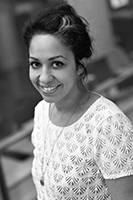
I was attracted to Medical Anthropology because its focus on the body helped me make sense of how we internalise culture and how we in turn shape it through our bodily actions. It helped me to understand everything from gender and identity to politics and epidemics. As a Lecturer in Medical Anthropology, the insights and approaches from this sub-discipline are crucial to my work on malaria and infectious diseases and allow me to understand how diseases are conceptualised, spread and can be approached from a biosocial and interdisciplinary perspective. In my work, I use everything from photography and arts-based methodologies with communities to interviews and household surveys and work with other practitioners ranging from epidemiologists and policy-makers to artists and NGOs illustrating the breadth of what you can do with a degree in Medical Anthropology.
Joe Calabrese
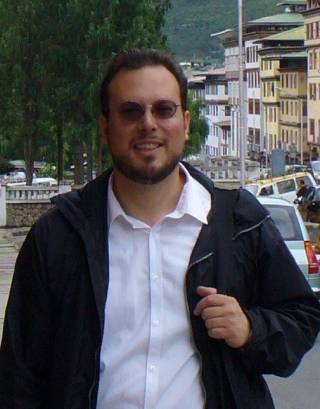
Viewing health and illness as transdisciplinary phenomena (too broad to be encompassed by a single discipline), I bring a dual perspective and training as a fieldwork-based anthropologist and practice-based clinical psychologist. My ethnographic research explores diverse cultural approaches to understanding selfhood, mental health, illness, and intervention. I am especially drawn to research on healing and intervention. I have studied the implementation and interpretation of therapeutic practices across a broad array of cultural contexts, ranging from a rural clinical facility within the Navajo Nation, to the teaching hospitals of Harvard Medical School and the University of Chicago, to (most recently) the South Asian Kingdom of Bhutan. I am interested in health-related social movements, healing rituals, cultural clashes over healthcare, and patients’ experiences of illness and care.
Gareth Breen
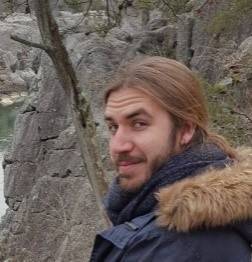
My interest in Medical Anthropology first arose when hearing about Christ as an ‘antibiotic’ from followers of the Chinese Christian reformers Watchman Nee and Witness Lee, in Taiwan, during fieldwork for my PhD. For these Christians, the Body of Christ is not a metaphor but a ‘living reality’. The true aim of the Christian life they say is to become this divine and physical Body. Understanding oneself as a ‘limb’ or a ‘vessel’ in this Body, has implications for the way in which one experiences and understands one’s own, individual body. Some members worry for example about the way the colour of their skin or the shape of their body affects their ability to be incorporated into this cosmic Body, while others break out in rashes after challenging the authority of the elders of the Body. Anthropologically, I think it is fascinating to ask how understandings of the social bodies we are part of affect the ways in which we experience and understand the individual bodies we are made of. And likewise, how our embodied experiences affect our relations with and perceptions of those social bodies.
Sahra Gibbon
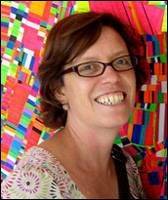
When I completed my MSc in Medical Anthropology many years ago the programme was one of just a few dedicated masters programmes in the UK. Needless to say I was hooked! Since then the sub-field has expanded and diversified with UCL now offering one of the most rich and varied taught MSc programmes in UK. It’s great to be contributing to such an exciting, timely and relevant master’s degree.
Jo Cook
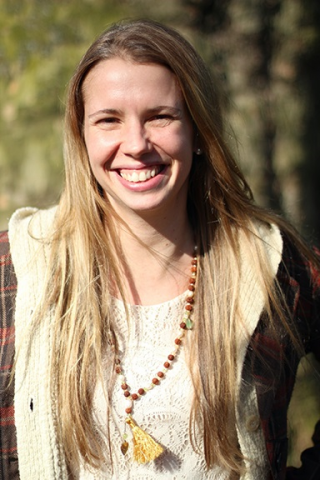
I came to Medical Anthropology with a background in Social Anthropology, and my current research explores mindfulness and mental health in the UK, focusing on therapist training for healthcare professionals, the implementation of mindfulness-based therapies in the NHS, and political advocacy for mindfulness in Westminster. What really excites me about Medical Anthropology is exploring how people understand their health, their bodies and their minds, and the efforts that they make (often in very challenging circumstances) to live well. I am particularly interested in the ways in which subjectivity and political structure intersect in healthcare practices, mental health categories, and healthcare structures. I am inspired by research-led teaching at UCL, where discussion and debate about research ideas and theory are central to how we teach, and I find working with students to develop their own research agendas for their dissertations particularly fulfilling.
Carrie Ryan
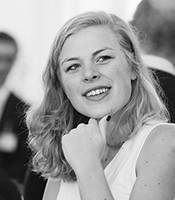
I was drawn to medical anthropology during my undergraduate degree because it helped me understand, in both holistic and near-experience ways, my over ten years of caregiving work at nursing homes and retirement communities in the US. Now, as a Lecturer in Biosocial Medical Anthropology, I investigate the daily practices and rituals that make older adult lives meaningful and the broader social, political, economic contexts that support ageing wellbeing across the lifecourse. Through this research and in my teaching, I hope to show that Medical Anthropology is a critical and creative frame through which to build a healthier and more caring future for all of us as we age.
 Close
Close

